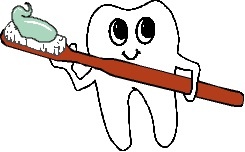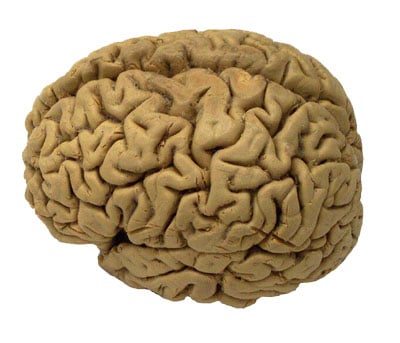 CAREGIVER TIPS FOR PROVIDING DENTAL HYGIENE FOR LOVED ONES WITH DEMENTIAS/ALZHEIMER’S
CAREGIVER TIPS FOR PROVIDING DENTAL HYGIENE FOR LOVED ONES WITH DEMENTIAS/ALZHEIMER’S
by Carol Ware Duff MSN, BA, RN
Dental hygiene or brushing teeth or dentures is often a neglected area of care in the person with dementia and it can be overlooked. Your assistance may become necessary early in the dementia process because good care requires many steps and many steps may be difficult for a person with memory loss. You may need to remind your loved one, give assistance, or encourage your loved one to perform as much of his or her dental care as possible.
What can you do to assist your loved one with dental hygiene?
-
Using the familiar routine that the person has established will cause less confusion.
-
Teeth should be brushed at least twice daily and may require reminders.
-
The tooth brushing routine should be broken into small steps such as:
-
Pick up your toothbrush.
-
“Here is the tooth paste.”
-
“Put the toothpaste on the brush.”
-
“Now, brush your teeth.”
-
You can hold the toothbrush and show your loved one how to brush his or her teeth, or you can place your hand over his or her hand and move it in a brushing motion.
-
Do not use harsh mouthwashes, which have large amounts of alcohol in them.
-
Daily inspection of the mouth of your loved one for sores or irritations is important.
-
Flossing should be continued for those who have their own teeth.
-
Twice a year visits to the dentist are suggested for good dental health.
For those with dentures:
-
The management of dentures also requires many steps and a well-established routine.
-
Dentures should be cleaned or soaked once daily using denture cleansing agents.
-
Dentures can be removed at night but you may need to remind your loved one to replace them in the morning.
-
Dentures should fit correctly.
-
Weight loss can alter the fit of dentures.
-
A dentist should fix poorly fitting dentures that could affect eating and cause sores.
The following are websites to provide you with more information on dental care.
About.com: Dental care in dementia.
http://alzheimers.about.com/od/treatmentoptions/a/dental.htm
National Alzheimer’s Association: Dental care. http://www.alz.org/professionals_and_researchers_tips_on_personal_care.asp#dental
References:
AlzOnline: Caregiver Compass Reading Room. Retrieved April 30, 2008 from http://alzonline.phhp.ufl.edu/en/topics
Boyd, M. (2002). Psychiatric nursing: Contemporary practice (2nd edition). Philadelphia, PA: Lippincott.
Ignatavicius, D., & Workman, M. (2006). Medical-surgical nursing:Critical thinking for collaborative care (5th edition). St. Louis, MO: Elsevier Saunders.
Lewis, S., Heitkemper, M. & Dirksen, S. (2004). Medical-surgical nursing: Assessment and management of clinical problems (6th edition). St. Louis, MO: Mosby.
Mace, N., & Rabins, P. (2006). The 36-hour day: A family guide to caring for people with Alzheimer disease, other dementias, and memory loss in later life (4th edition). Baltimore, MD: The Johns Hopkins University Press.
Robinson, A., Spencer, B., & White, L. (2007). Understanding difficult behaviors: Some practical suggestions for coping with Alzheimer’s disease and related illnesses. Ypsilanti, MI: Eastern Michigan University.

Carol graduated from Riverside White Cross School of Nursing in Columbus, Ohio and received her diploma as a registered nurse. She attended Bowling Green State University where she received a Bachelor of Arts Degree in History and Literature. She attended the University of Toledo, College of Nursing, and received a Master’s of Nursing Science Degree as an Educator.
She has traveled extensively, is a photographer, and writes on medical issues. Carol has three children RJ, Katherine, and Stephen – one daughter-in-law; Katie – two granddaughters; Isabella Marianna and Zoe Olivia – and one grandson, Alexander Paul. She also shares her life with her husband Gordon Duff, many cats, and two rescues.
ATTENTION READERS
We See The World From All Sides and Want YOU To Be Fully InformedIn fact, intentional disinformation is a disgraceful scourge in media today. So to assuage any possible errant incorrect information posted herein, we strongly encourage you to seek corroboration from other non-VT sources before forming an educated opinion.
About VT - Policies & Disclosures - Comment Policy




